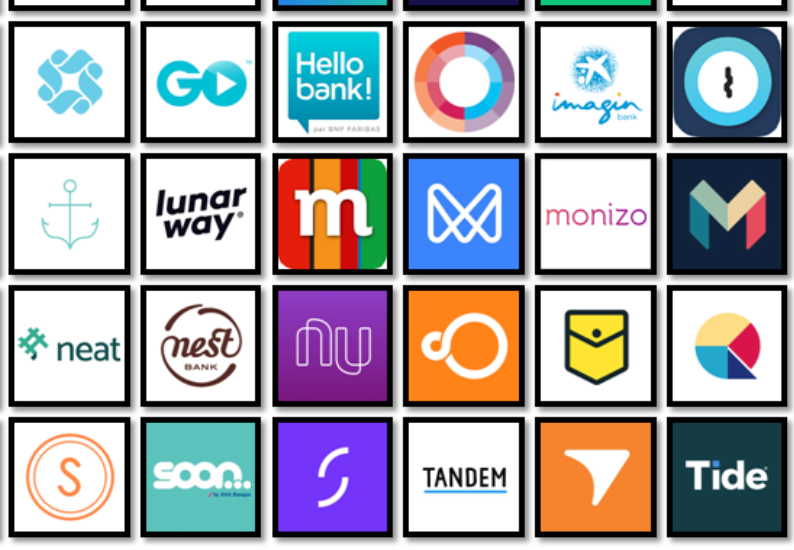Startups need effective data collection and reporting to set up KPIs, speed up inefficient internal processes and deliver value for their customers.
But how do you decide which data is worth tracking? At our latest Sifted Talks, we asked this and more to our expert panel: Charles Miglietti, CEO and founder of leading data storytelling platform Toucan Toco; Jessica Graves, founder and chief data officer for retail and luxury data science advisor Sefleuria; and Derek Skaletsky, CEO and founder of Sherlock, a CRM plugin that tracks engagement with client accounts.

1. Identify relevant data, and ditch the rest
Businesses often fall into the trap of tracking too much irrelevant data, incurring costs and wasting operational time. All three panellists stressed the importance of finding the right metrics for your organisation, warning against the dangers of mimicking a competitor’s KPIs as a barometer for your success.
It’s not necessarily about getting obsessed with every single metric, and having lots of them, with some not making any sense for your business. It’s more about, ‘If you actually hit this number, what does it mean for your business?’… It might not even be a number that means anything to another business.” — Jessica Graves, Sefleuria

2. Ask questions of your business to find your KPIs
How do you work out what data your business needs to know most? Skaletsky said to start by honing in on a few questions that will be key to your business’s success — this, he says, will help you prioritise the right stats before choosing KPIs. These questions, Miglietti added, should be about customer needs, potential pain points and objectives.
Not only will this help you choose effective KPIs, but should help articulate the importance of data to ‘non-tech’ colleagues that don’t inherently understand its value.
Data can eat you up, if you focus on the data… Not everyone understands data, but they understand the questions that need to be answered. Find three to five questions that are key to your business right now, and then let’s go see if we can figure out the data that supports those questions.” — Derek Skaletsky, Sherlock
3. How you present your data is as important as which data you collect
It may seem obvious, but visualisation is key for making your data tell a story. Without organising and displaying data findings in a coherent and digestible format, you will be unable to convey the importance of data trends. This will make it difficult for c-level executives to buy in, for non-technical employees to understand, and will limit organisational efficiency.
It’s the difference between a good book and a dictionary. You have all the words in a dictionary, but in the end it doesn’t give you a good story. If you don’t have that visualisation layer… it’s as if you’ve done nothing.” — Charles Miglietti, Toucan Toco

4. Segmentation will help you find product market fit
Skaletsky says many organisations aren’t segmenting data effectively. Raw numbers can give you an idea of the average customer’s behaviour, but segmenting or grouping data can show you which profile of user is getting the most out of your service. This allows businesses to tailor their service to their ideal customer.
[Organisations] look at metrics at a macro level, at an average level. ‘The average number of our customers do this’... For startups especially, becoming really good at segmenting your customer base or your user base...allows you to figure out who is getting the most success out of this product. Who is driving the most value for themselves? This is the key to product market fit.” — Derek Skaletsky, Sherlock Score

5. AI and machine learning can’t replace the end user
Algorithmic processing can help find data trends that are less obvious to the human eye. While all panellists were open to the use of AI or machine learning to augment data collection and processing, they were cautious to hail it as a solution to all of an organisation’s data needs. Even with the use of sophisticated technology, human input is still needed to decide what the processed data means for your business.
I’m not fond of thinking there is a silver bullet. AI or machine learning won’t magically solve business problems. All of these algorithms need to be configured for someone at the end to understand the business needs.” — Charles Miglietti, Toucan Toco
6. Irresponsible use of data can quickly lose you customer trust
Data can be used in any number of ways to improve customer experience; personalisation, user journeys and customer service can all be improved with analytics. But the improper use of data can lead to fundamental trust issues — customers want to be sure they’re not being unnecessarily tracked, and their information is being kept safe.
Graves suggests data management is a fundamental ethical issue all businesses must consider when they decide to store and process data, and broader questions about a company’s purpose should trickle down to data management decisions.
For any startup, for any business period, back up and ask, ‘What are we doing this company for? What are we bringing to the world? What are we bringing to society? What would happen if this worked on a large scale; do I want my kids to work at a company like this? Do I want them to have their data used this way?’” — Jessica Graves, Sefleuria
You can watch our full Sifted Talk on crunching the numbers here:

